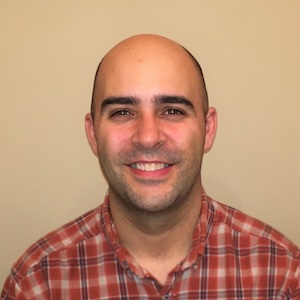(Loving) Your Doubt Machine
Most of us have the wrong relationship with our doubts.
When you see your doubt as a defect to be removed…
When you see someone who is confident and you wallow in comparison…
When you see your intuition as flawed and inadequate…
In all these cases, you make a type of error on your judgement. You hold a judgement on your judgement. This neither serves you nor the people you wish to serve.
The opposite of doubt, therefore, isn’t confidence. It’s suspension. Suspension of judgement.
—
“What are you so sure about?”
This question belongs at the start and at the end of all decision-making, all deliberation. Our brains are not so much thinking machines as conclusion machines. We are addicted to a well-knit story. And so, to spare ourselves too much mental strain, our brain stores and retrieves conclusions. “More this than that” is a conclusion. “Surely this won’t work” is a conclusion. “Unless I… this will be a mistake” is a conclusion.
Exposing your mind’s conclusions, by the above question, is an exercise not so much in analysis, not so much in doubting your conclusions, but in suspending your judgement. An exercise in posing the question: “what is this conclusion all about, what is this belief pointing to, in reality?”
—
If you compete with others in serving your customers, you owe it to yourself to cultivate your own edge, your own style. To differentiate yourself, you could try adding confidence and removing doubt, but that might not get you very far. You’ll likely stick within the norms, and your differentiating factor won’t differentiate you that much.
But you could, instead, ground yourself in truth by cultivating doubt. Let’s say your competitors go in a direction that seems suspect to you. You could inspect your thoughts, then listen to that doubt, and proceed to suspend judgement on that doubt. Maybe you’ll find a nugget of an innovation. Let’s say the leader in the market is over-confident, you could listen to your insight and decide to take a different action. Maybe that action will be the one that people will notice, and maybe you’ll get the word-of-mouth.
The key word here is “maybe”. It’s the word that opens the possibility that your doubt was, in fact, useful. It’s the word that suspends judgement. “Maybe I’m onto something. Maybe this will work. If I try this, maybe it won’t be a mistake. Maybe it’ll turn out great.”
Maybe “maybe” will be the word that will help you love your doubt.
